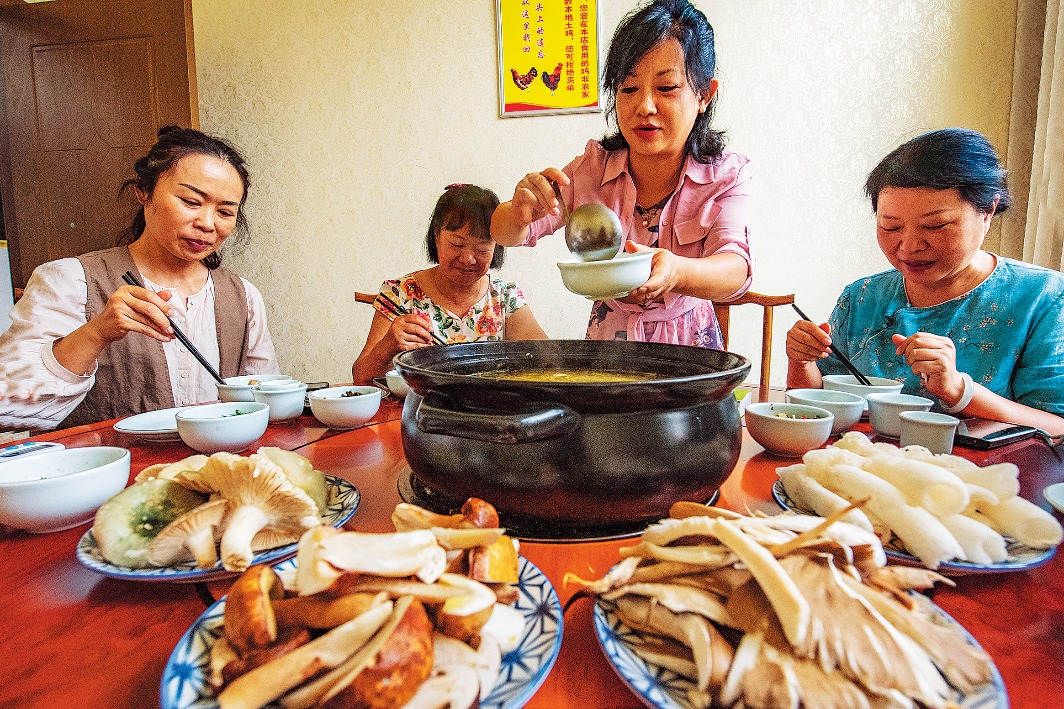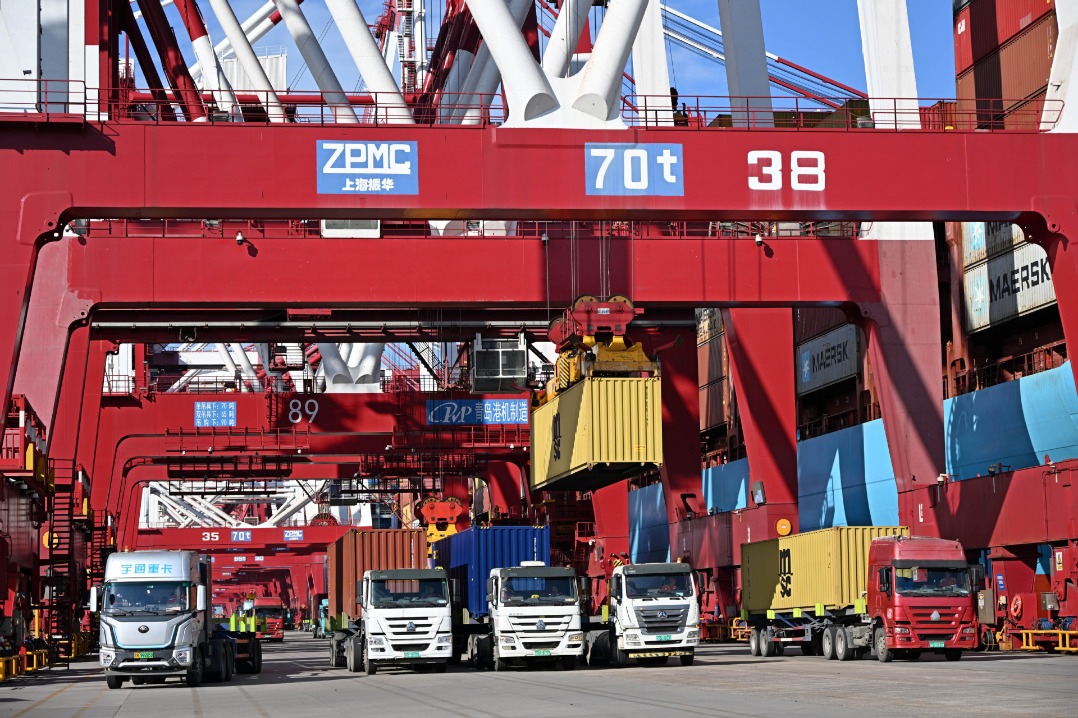Yum China accelerates Kcoffee's nationwide percolation


Yum China Holdings Ltd is ramping up its coffee business with the rapid expansion of its Kcoffee brand, boosted by its existing vast KFC network and pricing strategy.
Kcoffee has accelerated the rollout of new stores this year, with Yum China opening its first independent Kcoffee store in Shanghai in October 2022. From only 100 stores in March this year, the coffee brand has since tripled the number to nearly 300 in July.
The rapid expansion is driven by the successful execution of the "side-by-side" business model, where coffee shops are located adjacent to KFC outlets, sharing kitchen facilities and customer traffic.
"This strategy leverages KFC's extensive network, significantly reducing investment and operational costs for the coffee brand," said Zhu Danpeng, an independent food and beverage analyst.
Kcoffee's expansion has focused on second and third-tier cities, with its first 100 stores spreading across over 80 cities nationwide, including in provinces such as Anhui, Zhejiang, Henan, Hubei, Jiangxi, Liaoning and Shandong.
The company plans to have 500 to 600 Kcoffee stores across China this year.
According to Mintel Group, a market research institute, the number of on-premise coffee shops of all brands in China has reached 128,700 and is forecast to reach 283,800 by 2028, an annual growth rate of 12.7 percent. The report found that among new store growth, domestic brands outpaced international brands, while the majority of new stores were opened by established names.
If measured by market share in terms of the number of stores, KFC coffee (including Kcoffee) ranks No 1 at 8.1 percent, followed by Luckin Coffee at 8 percent and Starbucks at 5.2 percent.
Kcoffee also launched a price war with its 9.9 yuan ($1.4) coffee, intensifying competition in the Chinese coffee market, with rivals such as Cotti Coffee and Luckin also offering 9.9 yuan versions. Kcoffee's 9.9 yuan set on one college campus site even offers customers coffee and a hotdog.
Despite the low price, Kcoffee has maintained a healthy profit margin thanks to strong sales volume, selling over 190 million cups last year alone.
Yum China's second-quarter financial report stated that Kcoffee's sales exceeded 1 billion yuan in the first half of 2024, a 26 percent year-on-year increase, with nearly 120 million cups sold, marking a 36 percent year-on-year growth.
Joey Wat, CEO of Yum China Holdings, said that the 9.9 yuan coffee strategy leverages Yum China's supply chain capabilities, ensuring healthy profit margins while driving incremental same-store sales and profits.
Yum China's financial results for the second quarter and first half of the 2024 fiscal year reflect a strong performance. The company reported a 1 percent year-on-year increase in total revenue to $2.68 billion in the second quarter. Operating profit rose by 4 percent to $266 million, with core operating profit up 12 percent at $275 million.
Despite same-store sales being 96 percent of the previous year's level, same-store transaction volume increased by 4 percent. System sales grew by 4 percent, driven mainly by the contribution of new stores.
As of June 2024, KFC under Yum China had 10,931 stores, an increase of 635 stores in the first half. In the second quarter alone, Yum China added 401 new stores, including 99 franchise stores, which accounted for 25 percent of the growth.
KFC remains a major revenue driver, generating $4.24 billion in the first half, accounting for 75.2 percent of Yum China's total revenue of $5.64 billion.
Takeaway sales in the first half contributed $1.64 billion, while non-dine-in business accounted for $2.87 billion.
Yum China remains committed to its goal of opening 1,500 to 1,700 new stores by the end of 2024. CEO Wat said the company is confident in the long-term growth potential of the Chinese market, citing Yum China's flexible new store model, which allows the company to penetrate cities and regions at all levels more effectively.




































